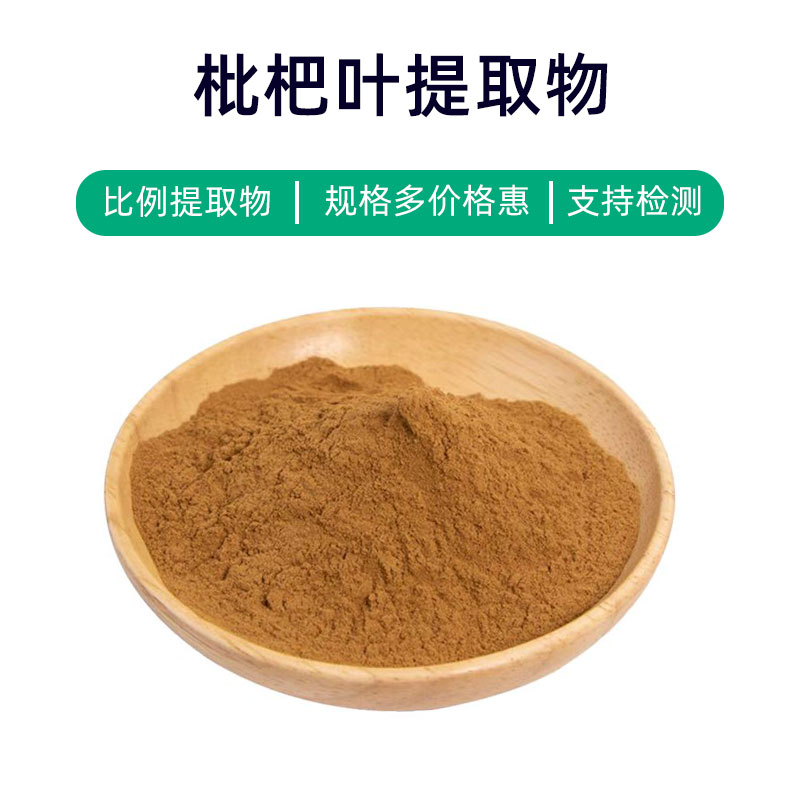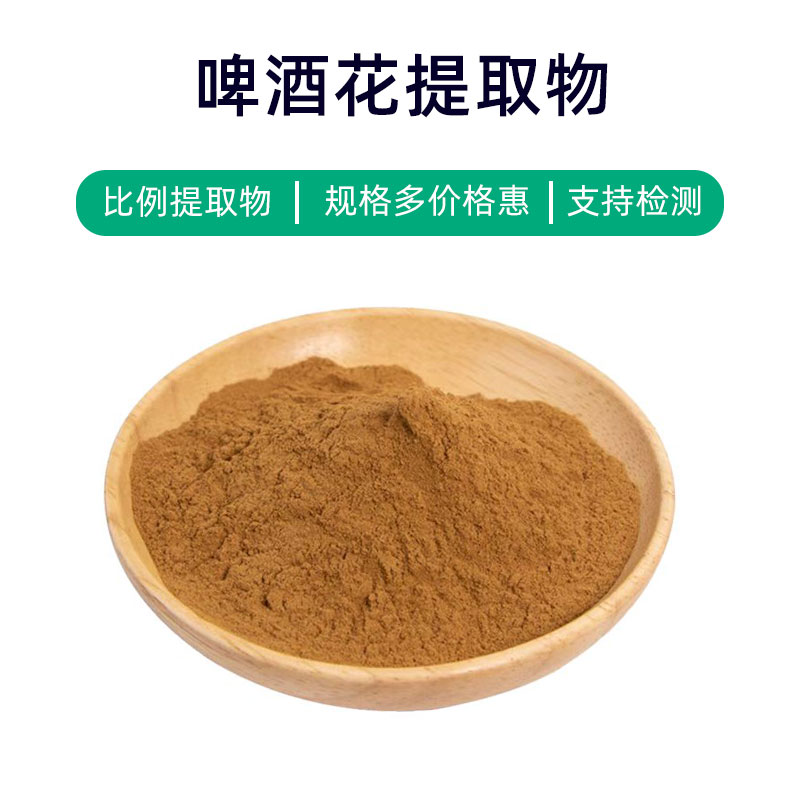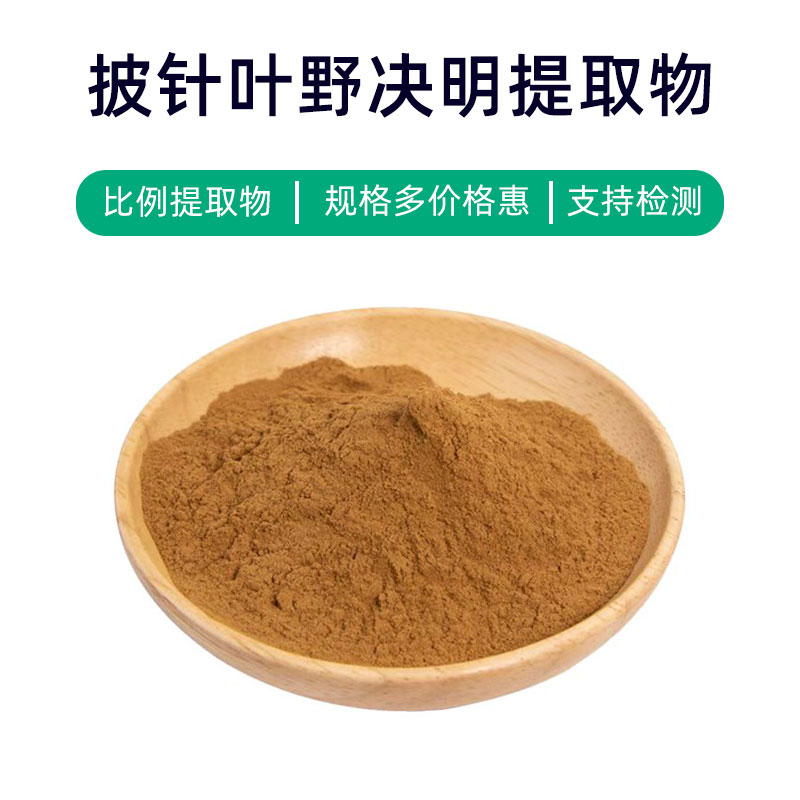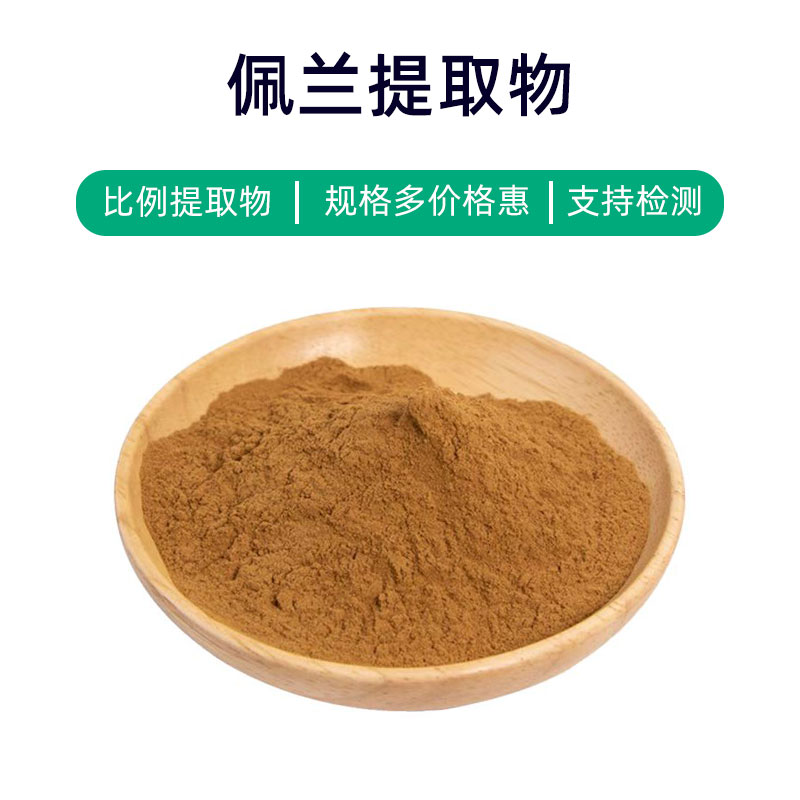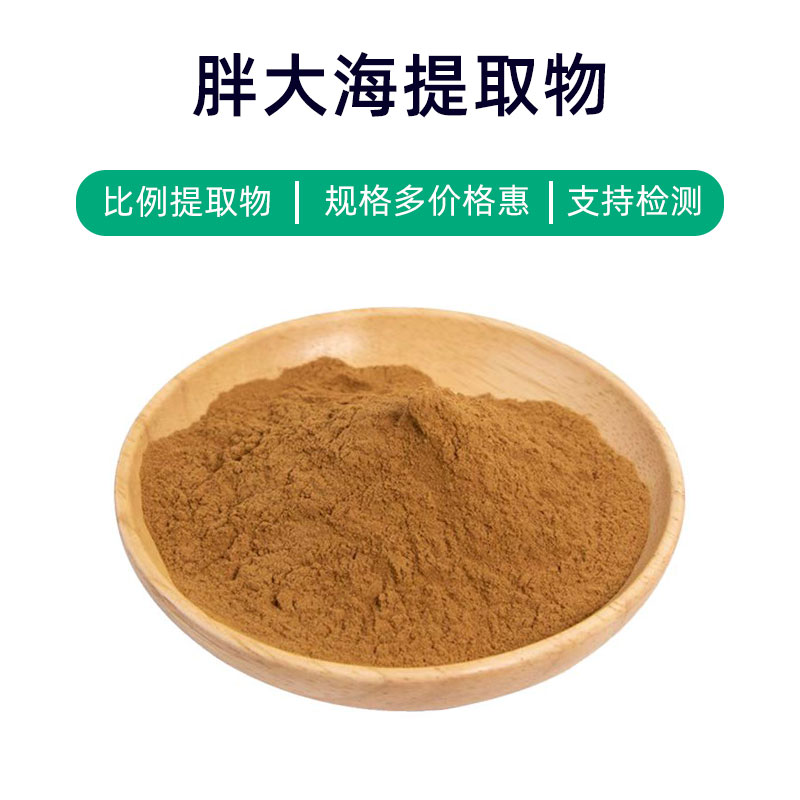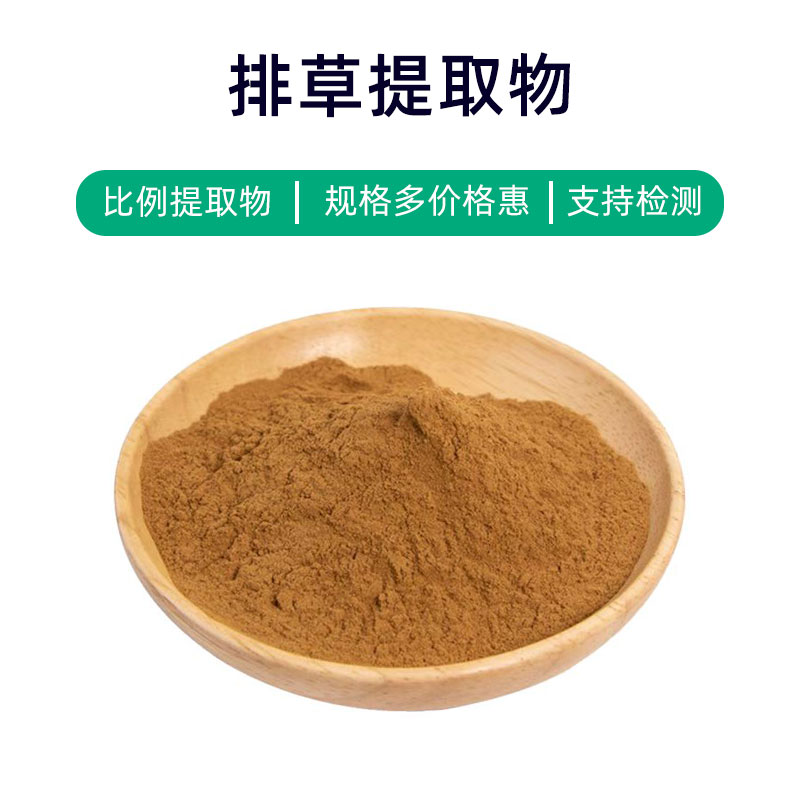Black Ant Extract Product Introduction
Black ant extract is a natural nutritional component derived from black ants, primarily containing terpenoid compounds, amino acids, proteins, and polysaccharides. These components give black ant extract various effects and applications.
Firstly, black ant extract is widely used in dietary supplements. It is rich in amino acids and proteins, helping to boost the immune system, enhance stamina and endurance, and alleviate fatigue and tiredness. Additionally, black ant extract is utilized in men's health, reportedly having a regulating effect on male sexual function.
Secondly, black ant extract is also commonly used in functional foods. It can be added to various products like cookies, beverages, and dietary supplements to enhance their nutritional value and functionality.
Moreover, black ant extract has applications in the pharmaceutical field. Some studies suggest it has certain antioxidant and anti-inflammatory effects, potentially providing auxiliary treatment for inflammatory diseases. However, specific clinical research and evidence remain limited, requiring further scientific studies to support its applications in medicine.
Overall, black ant extract is a natural nutritional supplement with multiple potential effects and applications, including in dietary supplements, functional foods, and to some extent, medicine.
Black Ant Extract Production Process
The production process of black ant extract generally includes the following steps:
- Collection: Fresh black ants are gathered as raw material. Wild black ants from unpolluted environments are usually selected to ensure the purity and quality of the material.
- Washing: The collected black ants undergo thorough washing to remove impurities and dirt on their surface, ensuring the purity of the extract.
- Crushing: The washed black ants are then processed into smaller particles, typically using mechanical or high-pressure crushing methods.
- Extraction: The crushed black ant particles are placed in extraction equipment, where suitable solvents (such as water or ethanol) are used to extract the active components.
- Filtration: The extract is filtered to remove residues and impurities, retaining the active components of the extract.
- Concentration: The extract undergoes concentration, evaporating the solvent's moisture to increase the content of active ingredients.
- Drying: The concentrated extract is then dried, commonly using spray drying or vacuum drying methods until it forms a powder.
- Packaging: Finally, the dried black ant extract is packaged in suitable containers, usually aluminum foil bags or sealed jars, to prevent moisture and oxygen from entering, preserving stability and activity.
The entire production process requires strict control of parameters at each step to ensure the quality and purity of the extract while following hygiene standards and production practices to ensure product safety and efficacy.
Black Ant Extract Effects and Side Effects
As a traditional medicinal material, black ant extract has various effects and functions, including the following aspects:
- Nourishing Effect: Black ant extract is rich in nutrients such as proteins, amino acids, vitamins, and minerals, which help to nourish and strengthen the body and enhance immunity.
- Anti-Fatigue: The rich proteins and amino acids in black ant extract can enhance stamina and endurance, alleviate fatigue, and improve the body's anti-fatigue capacity, helping to boost work and learning efficiency.
- Promoting Blood Circulation: Black ant extract has the effect of activating blood circulation and can improve microcirculation and reduce blood viscosity, helping to prevent cardiovascular diseases.
- Antioxidant: Black ant extract contains various antioxidants, helping to scavenge free radicals, delay aging, and protect cells from oxidative damage, contributing to overall health.
- Enhancing Sexual Function: Traditionally, black ant extract has been believed to have aphrodisiac and kidney-reinforcing effects, capable of improving male sexual function and increasing libido, with certain improvements in male sexual dysfunction.
- Regulating Endocrine: Rich in active components, black ant extract has a regulating effect on the endocrine system, balancing hormone levels, improving mood, relieving stress and anxiety, and contributing to physical and mental health.
- Anti-Inflammatory and Pain Relief: Black ant extract contains various bioactive substances with certain anti-inflammatory and pain-relieving properties, capable of alleviating pain and inflammation, useful for conditions like arthritis and rheumatic diseases.
- Improving Sleep: Some studies indicate that black ant extract may have a role in improving sleep quality, helping to alleviate insomnia and anxiety, thereby promoting better sleep.
It is important to note that long-term or excessive use of black ant extract may lead to adverse reactions such as dizziness, nausea, and digestive issues. Therefore, it is advisable to consult a doctor or a professional for guidance before use, strictly adhere to the recommended dosage, and monitor the body's responses to avoid adverse effects.
Black Ant Extract Application Scenarios and Dosage
Black ant extract is widely applied in the fields of medicine, food, and cosmetics. Here are its application scenarios and dosage recommendations in different areas:
- Medical Field:
- Dietary Supplements: Black ant extract can be used to create dietary supplements such as oral liquids, capsules, or tablets aimed at boosting immunity and nutritional support. The general dosage for adults is 3-5 grams per serving, taken 2-3 times daily.
- Traditional Chinese Medicine Formulation: In Chinese medicine preparations, black ant extract is commonly used as an adjunct to enhance the efficacy of the medicine, such as improving kidney fortification and blood activation.
- Food Industry:
- Functional Foods: Black ant extract can be used to create functional foods like black ant honey and black ant liquor, which have nourishing properties and can increase appetite. The recommended daily dosage is 10-20 grams.
- Health Foods: Health foods containing black ant extract, such as black ant goji cakes and black ant walnut crisps, aim to improve physical condition and boost immunity.
- Cosmetic Industry:
- Skin Care Products: Rich in amino acids and vitamins, black ant extract possesses moisturizing and antioxidant effects, and can be used in skin care products like creams and lotions. The typical incorporation rate is 0.5%-2%.
- Hair Care Products: Black ant extract is frequently found in shampoos and conditioners, known for nourishing hair and preventing dandruff. The recommended percentage for these products is 1%-5%.
It is crucial to note that the usage and dosage may vary between products. Always read the product instructions or follow medical advice closely for usage guidelines. Special populations (such as pregnant women and children) and individuals with specific health conditions should use under medical supervision. Additionally, long-term or excessive use should be avoided to prevent adverse reactions.
Black Ant Extract Source Plant Overview, Distribution, and Growth Environment
Black ant extract is not derived from a plant but from an insect known as the black ant (scientific name: Lasius Niger). Below, details about the biological characteristics, distribution, and growth environment of black ants are provided.
Overview of Black Ants:
Black ants are social insects belonging to the family Formicidae, typically living in soil, constructing nests, and organizing their lives socially. They exhibit clear division of labor, including workers, soldiers, and queens, working together to maintain and propagate their colony.
Distribution Range:
Black ants are widely distributed across Europe, Asia, and North Africa, mainly inhabiting forests, grasslands, farmlands, and urban areas in temperate and tropical regions with strong adaptability.
Growth Environment:
- Soil Environment: Black ants prefer to build their nests in soil, selecting moist, well-drained earth to ensure the stability of the nest and comfort of their living environment.
- Temperature and Humidity: Black ants have broad temperature and humidity requirements but generally thrive in warm and humid environments, with suitable temperature ranges from 20°C to 30°C.
- Food Sources: Black ants are omnivorous, primarily feeding on plant juices, fruits, nectar, dead insects, and honeydew. They may also compete with other insects for food resources.
- Habitat Environment: Black ants typically choose to build nests at the bases of trees, under dead wood, in grasslands, or near human structures to access food and shelter.
In summary, black ants live in diverse environments and are highly adaptable, but they usually choose warm, humid areas with well-drained soils to build their nests, ensuring their survival and reproduction.
Black Ant Extract Processing and Storage
The processing of black ant extract generally includes the following steps: First, fresh black ants are collected, washed, and processed to remove impurities. They are then ground or extracted to obtain their active components. Next, through concentration, filtration, and other processing steps, the extract is purified to yield the desired product. Finally, the extract is packaged and stored, typically using airtight and moisture-proof methods, and kept in a cool, dry place away from direct sunlight and high temperatures, to maintain its stability and the effectiveness of its active components.
Monica Sun is a seasoned expert in the plant extraction industry with over a decade of experience in research and production. She specializes in the extraction and purification of plant active ingredients, focusing on driving innovation in natural product applications. Monica has participated in the development of multiple functional plant extracts, delivering high-value natural raw material solutions for the health food, pharmaceutical, and dietary supplement sectors.









